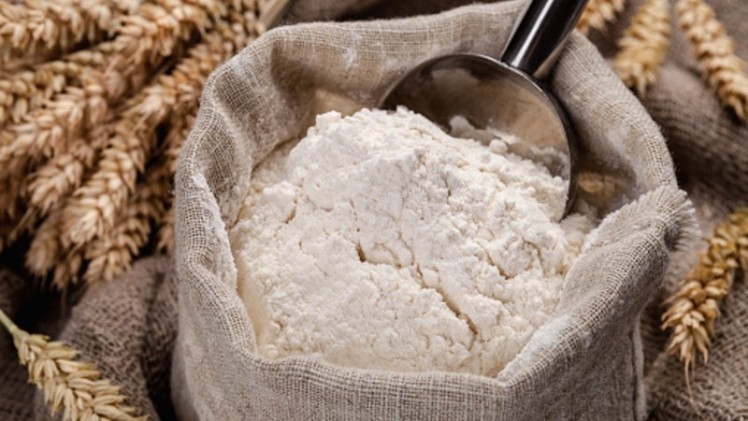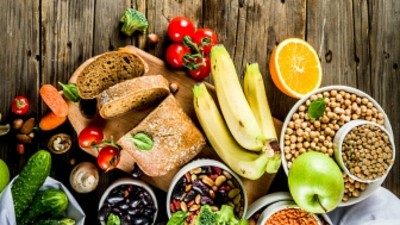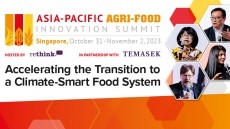Fortified future? China set for mass fortification of staple foods to combat deficiencies – consultation open

The China National Centre for Food Safety Risk Assessment (CFSA) has outlined a detailed proposal to mandate the nutritional fortification of a wide variety of staple foods in the country, including food groups such as dairy, rice, wheat flour and vegetable oil.
“Expert discussions have concluded that there is a need to implement a mass fortification of certain nutrients in [food products], with a focus on nutrients that Chinese consumers are relatively deficient in,” CFSA said via a formal statement.
“Under these regulations, mass fortification will be enforced according to the type of nutrients and food group involved – for instance, it would be compulsory to fortify pasteurised dairy or fermented dairy products with vitamins A and D, rice and wheat with vitamins B1 and B2 as well as folic acid, and soy sauce with iron.
“This is because these are considered high-priority fortifications based on current nutrition data – taking vegetable oil as an example, we know that Chinese consumers are more likely to be deficient in vitamins A and D so these will be made mandatory.”
In addition to the above, food firms will also be able to fortify these staple products with other types of nutrients a voluntary basis.
“For each of the staple food groups, options will be made available for if more nutritional fortification is desired – e.g. dairy milk will have the option of adding vitamins K, B2, B6, B12, niacin, magnesium etc.; vegetable oil can have vitamin E added to it, wheat can have vitamins A and D; rice can have niacin and so on.
“The amounts of which can be added to these foods must fall within the limits highlighted within these regulations in order to ensure public health and safety.”
The minerals copper, manganese, potassium and phosphorus were classed as low-risk of deficiency, so voluntary fortification using these was not included in the draft regulations.
Members of the public and the industry can view the full documentation and find the process to submit any opinions here [link and documents in Mandarin Chinese].
Voluntary fortification
In addition to the major staple food groups mentioned above for mandatory fortification, CFSA also highlighted over 50 food types for which nutrient fortification is advised, although the fortification of these is not compulsory and fully on a voluntary basis.
If fortification is implemented however, this must be done in line with the nutrient guideline limits stipulated within the new regulations.
“There are many different types of [food and beverage] products out in the market, many of which can be fortified to benefit the public – these can range from snacks to processed fruits to bean-based products to candies, bread, biscuits, non-alcoholic beverages and many more,” it said.
“As such CFSA has also prepared guidelines [to assist food firms] voluntarily fortifying these other food and beverage products which covers the types of nutrients allowed to be added to particular food types and the permitted levels and/or amounts.
“For instance, coffees or teas might be allowed to be fortified with vitamin C or D or minerals like iron and calcium - but not vitamin K, folic acid or selenium.”






















